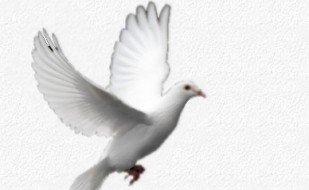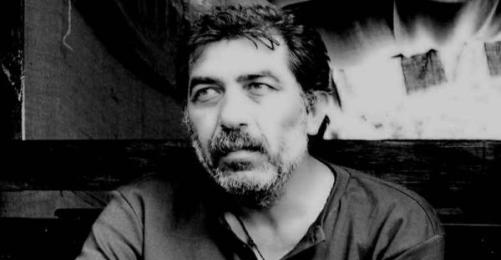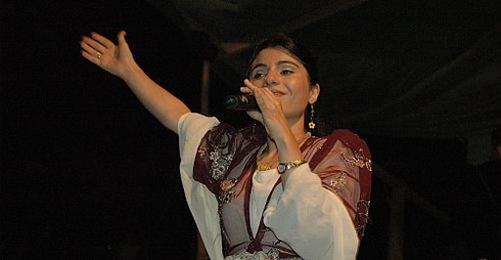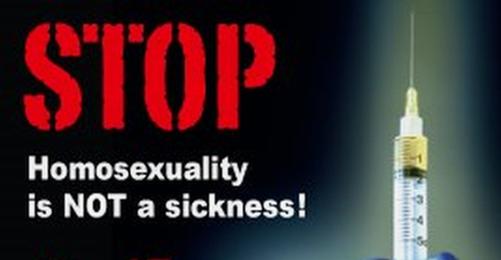The Goethe Institute organised a conference entitled “The Responsibility of the Media in German-Turkish Relations”. It took place at the Bilgi University campus in Dolapdere, Istanbul, on 19 February.
The conference was introduced by speeches by Prof. Dr. Aydın Uğur, rector of Bilgi University, and Claudia Hahn-Raabe, director of the Goethe Institute in Istanbul.
Media in each country follows hegemonic interests
Journalists spoke about the prejudices and mutually exclusive interests that national media have.
Christiane Schlötzer, editor of the Süddeutsche Zeitung, said, “In Germany we associate Turks with the headscarf and Kurds. These associations are also reflected in news items, and room is only given to Turks who wear headscarves or who are making trouble. The German media either ignores successful Turks or counts them as Germans rather than Turks.”
She believed that such prejudices in the media played a dangerous role in feeding xenophobia.
Ertuğrul Kürkçü from bianet said that it was impossible for the media of the two countries to find common ground, because each side was acting according to its own hegemonic interests. He emphasised the importance of both societies developing independent media organisations for a rapprochement.
Germany media delays integration
In a panel entitled: “A political issue: Turkey as part of Germany’s election campaign”, Associate Professor Ayhan Kaya, director of Bilgi University’s EU Institute, spoke about the role the German media played in delaying the integration of people from Turkey in Germany. He said, “If we try to understand the truth about the societies of Germany and Turkey from the media, then we will misjudge them.”
Kaya defined resistance to integration as a political act, noting that the number of people from Turkey who took on German citizenship under the liberal integration policies of the coalition of Greens and the Social Democrats doubled within five years. “The more Turkey becomes integrated into the EU, the more the integration of Turks in Germany will develop,” he added.
"We didn't decrease tensions"
Speaking with Schlötzer at the second panel, entitled “Turkey in the German media – Germany in the Turkish media”, Hürriyet newspaper journalist Bülent Mumay said that September 11 sabotaged the positive developments between German society and the people from Turkey living there.
He pointed to three events which caused a more aggressive language in the media of the two countries: The amendment of the Migration and Citizenship law in 2007, Roland Koch’s election campaign in the federal state of Hessen, and the fire in the home of a Turkish family in Ludwigshafen.
“We could have developed a common language and decreased tensions,” said Mumay, “but we didn’t.” He called on the media to work towards more empathy between the two societies.
At the third panel, entitled “Ludwigshafen –what now?”, Germany’s ambassador in Ankara, Dr. Eckart Cuntz, said that the reporting of the event in Turkey as a Neo-Nazi attack gave Turks in Germany the feeling that they would never be able to live safely in Germany. He added that he had hoped that the pictures would have shown more than that.
Journalistic organisations more powerful in Germany than in Turkey
The last panel was dedicated to “The responsibility of the media in times of crisis”. Dieter Sauter, who has been a Turkey correspondent for the German TV channel ARD for many years, said that journalists had to fill gaps of knowledge. He criticised the Turkish media for ignoring this duty in the current reporting on the clandestine Ergenekon organisation and for only conveying a “government discourse”.
Panel moderator Ertuğrul Kürkçü responded to questions coming from the audience by pointing out that the Western media was just as disposed to one-sided reporting: “The most important difference is that professional rules of ethics are being defended by more powerful journalistic organisations abroad, but otherwise the media has the same tendencies everywhere.”
Tarık Günersel, president of Turkish PEN and journalist for Birgün newspaper, criticised the lack of progress from just complaining to a culture of criticism and contribution.
Independent media is vital
At the end, Kürkçü reminded the audience that the media liked crises:
“In the face of the current big capitalist crisis, states and companies are turning their backs towards each other in order to save their own ships; protectionism, nationalism and xenophobia are formented. But for relations between the two societies to develop, cohabitation and collaboration are a must. It is vital and possible to create communication routes outside of companies and/or state media. These routes can be created by alternative and independent media organisations.” (BÇ/EK/AG)












